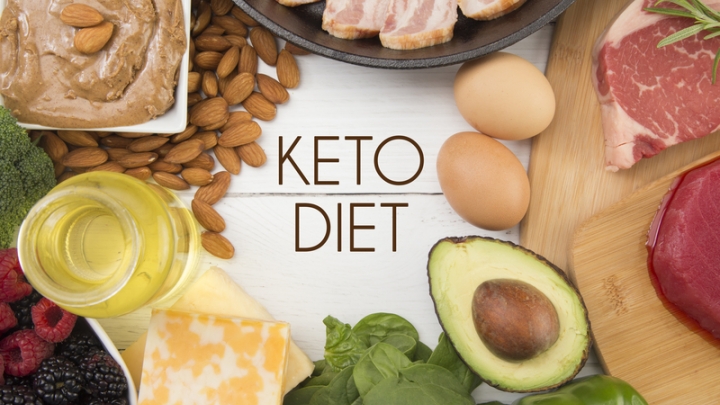(RxWiki News) The keto diet is probably one of the most talked about diets. But what is the keto diet, exactly?
What Is the Keto Diet?
The keto diet is also known as the ketogenic diet. This diet calls for proteins and foods that are high in fat and very low in carbohydrates. It typically requires fewer than 20 to 50 grams of carbs per day. To put that in perspective, you could get 50 grams of carbs from three slices of bread or two medium apples.
When you eat a diet high in fat and very low in carbohydrates, ketosis occurs. This is when the body doesn't have enough carbs to burn for energy. Because there are no carbs, the body burns fat instead. The body then makes ketones, which can be used for fuel.
This diet may be popular now, but it has been around for about 100 years. It has even been recommended for issues outside of weight loss, such as for children who have epilepsy. This type of diet may help prevent seizures.
The keto diet is similar to the Atkins diet. They both are low-carb diets, but the keto diet focuses more on foods that are high in fat.
Keep in mind that during the first week of eating a keto diet, you may actually feel bad. You may experience headaches, feel very tired and have "brain fog." You may feel irritable and even have bad breath. Drinking water can help with these symptoms.
Is the Keto Diet Safe?
Although the keto diet can help you lose weight and may improve blood sugar control in those with type 2 diabetes (short-term), it has not been studied for safety or effectiveness over the long term.
"The keto diet is primarily used to help reduce the frequency of epileptic seizures in children," said registered dietitian Kathy McManus, of Brigham and Women's Hospital, in an interview with Harvard Health Publishing. "While it also has been tried for weight loss, only short-term results have been studied, and the results have been mixed. We don't know if it works in the long term, nor whether it's safe."
Also, this diet encourages you to eat foods high in saturated fat, which is not healthy. The diet calls for meals to be about 70 or 80 percent fat. A diet high in protein and fat can also overload your kidneys and liver.
Because vegetables have some carbs, they are often left out of the keto diet. This may lead to nutrient deficiencies and constipation.
Is the Keto Diet for Me?
There always seems to be a new diet out there. But not every diet is safe for everyone.
As described above, the keto diet comes with numerous risks. Plus, this diet is highly restrictive, so it may be hard to follow for very long.
Before starting a new diet, ask your health care provider to make sure it's safe for you. Also speak with your health care provider if you have any questions.








